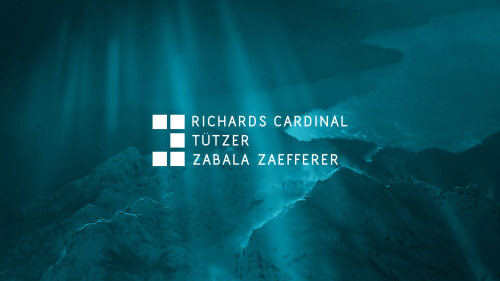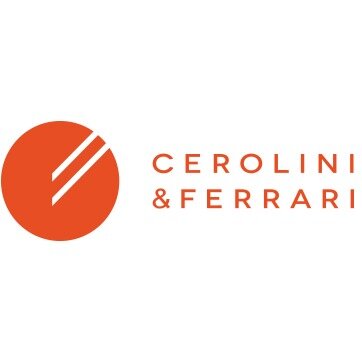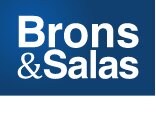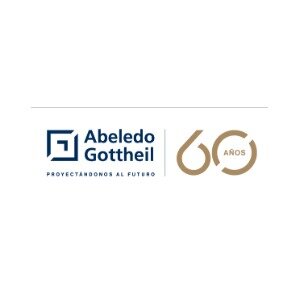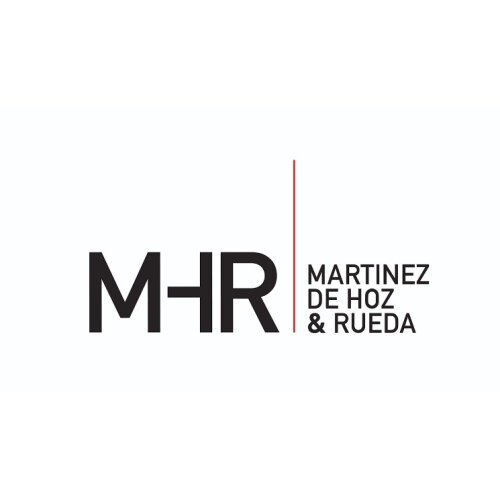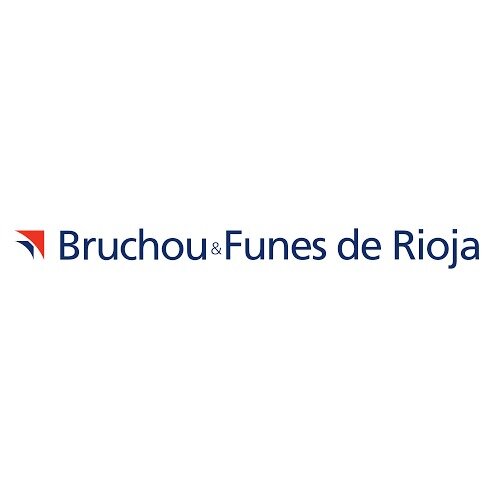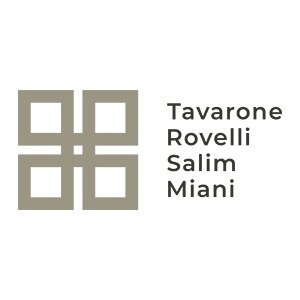Best Structured Finance Lawyers in Buenos Aires
Share your needs with us, get contacted by law firms.
Free. Takes 2 min.
List of the best lawyers in Buenos Aires, Argentina
About Structured Finance Law in Buenos Aires, Argentina
Structured Finance is a sophisticated area of finance focusing on complex financial instruments and transactions that go beyond traditional lending and borrowing. In Buenos Aires, Argentina, Structured Finance commonly refers to transactions like securitizations, asset-backed securities (ABS), collateralized debt obligations (CDOs), project finance, and syndicated loans. The structured finance market in Argentina is well developed, catering to both domestic and foreign businesses, banks, and investors seeking to optimize capital structures and manage risks. Local legal frameworks have evolved to support these types of transactions while ensuring transparency and protection for all parties involved.
Why You May Need a Lawyer
Legal assistance is essential in Structured Finance due to the complexity and high stakes involved in these transactions. Here are common situations in which you may need a Structured Finance lawyer in Buenos Aires:
- Structuring and executing asset securitization deals
- Issuing debt through local or international capital markets
- Arranging non-recourse or project finance for large infrastructure projects
- Drafting and negotiating complex financial instruments
- Ensuring compliance with Argentine financial regulations and securities laws
- Performing due diligence in mergers, acquisitions, or asset transfers involving structured finance products
- Disputes or litigation arising from structured finance transactions
- Advising banks, corporations, or investment funds entering the Argentine market
A lawyer will help navigate regulatory requirements, mitigate risks, and protect your interests throughout every phase of a structured finance transaction.
Local Laws Overview
Structured Finance in Buenos Aires, and Argentina more broadly, operates under a combination of national and local commercial, banking, and securities laws. Some key legal aspects include:
- Argentine Civil and Commercial Code: Governs contracts and obligations relevant to structured finance transactions.
- Securities Market Law (Law No. 26,831): Regulates the issuance and offering of securities, including asset-backed securities.
- Central Bank of Argentina (BCRA) Regulations: Oversees rules for local banks, cross-border transactions, and foreign exchange controls affecting structured finance activities.
- Comisión Nacional de Valores (CNV): The Argentine Securities and Exchange Commission supervises public offerings and registration of securities, requiring compliance for securitizations and other structured transactions.
- Foreign Exchange Regulations: Cross-border transactions must adhere to BCRA rules impacting repatriation, foreign investments, and currency controls.
- Bankruptcy and Insolvency Law: Defines treatment of structured finance instruments in insolvency scenarios.
It is critical to ensure that all elements of a transaction align with both the letter and the spirit of these legal frameworks. Regulatory guidance can vary depending on market conditions and policy changes.
Frequently Asked Questions
What is Structured Finance?
Structured Finance encompasses complex financial instruments and transactions, often involving securitization of assets, syndicated loans, and other arrangements designed to manage risk and optimize financing for companies or projects.
What are common types of Structured Finance transactions in Buenos Aires?
Common types include asset-backed securities, project finance for infrastructure, syndicated loans, and various forms of securitization structures.
Do I need regulatory approval for a Structured Finance transaction in Argentina?
Yes, most structured finance transactions require regulatory approval or registration, especially if securities are publicly offered or involve cross-border capital flows. Key regulators include the CNV and BCRA.
Can foreign entities participate in Structured Finance deals in Buenos Aires?
Foreign entities can participate but must comply with foreign exchange controls, Argentine securities and financial regulations, and may require local legal representation.
What is the role of the Central Bank (BCRA) in Structured Finance?
The BCRA regulates banking activities, approves cross-border transfers, and sets rules on foreign exchange impacting structured finance deals involving currency movement or international parties.
How are tax issues handled in Structured Finance transactions?
Tax efficiency is a major factor in structuring deals. Argentina applies value-added tax (VAT), income tax, and stamp tax, depending on the structure and assets involved. Consulting with a tax specialist is crucial.
What protections do investors have in local Structured Finance deals?
Argentine law establishes transparency, disclosure requirements, and certain investor protections, especially for public offerings. However, market and legal risks persist and advice from legal counsel is recommended.
How are disputes in Structured Finance resolved?
Disputes typically proceed through arbitration or the Argentine judicial system, depending on contract terms. It is essential to define dispute resolution mechanisms in transaction documents.
What are the key risks in Structured Finance transactions in Argentina?
Risks include regulatory changes, currency controls, political and economic instability, credit risks, and legal complexities related to bankruptcy or enforcement of collateral.
How do I choose a Structured Finance lawyer in Buenos Aires?
Look for lawyers or firms with experience in complex financial transactions, local regulatory compliance, and international deals. Verify credentials, track record, and membership in relevant professional organizations.
Additional Resources
If you are seeking legal advice or more information on Structured Finance in Buenos Aires, consider the following resources:
- Comisión Nacional de Valores (CNV): The main securities regulator for reporting and information on public offerings.
- Central Bank of Argentina (BCRA): For regulatory guidelines on banking and foreign exchange.
- Argentine Ministry of Economy: For updates on financial regulations and economic policy.
- Official College of Lawyers of Buenos Aires (Colegio Público de Abogados de la Capital Federal): For finding qualified lawyers.
- Leading Argentine law firms with finance and capital markets departments: Many have published guides, articles, and offer initial consultations.
Next Steps
If you require legal assistance in Structured Finance in Buenos Aires, follow these steps:
- Identify the specific type of transaction or issue you need help with
- Gather all relevant documentation, including contracts, prospectuses, and correspondence
- Research and contact a local lawyer or law firm experienced in Structured Finance transactions
- Request an initial consultation to assess your needs and potential legal strategies
- Confirm your lawyer's credentials, experience, and familiarity with local and international finance law
- Maintain clear communication and ensure all legal, regulatory, and tax aspects are reviewed before proceeding with any transaction
Structured Finance transactions are rarely straightforward. Involving a qualified legal adviser early can help manage risks, ensure regulatory compliance, and optimize outcomes for all parties.
Lawzana helps you find the best lawyers and law firms in Buenos Aires through a curated and pre-screened list of qualified legal professionals. Our platform offers rankings and detailed profiles of attorneys and law firms, allowing you to compare based on practice areas, including Structured Finance, experience, and client feedback.
Each profile includes a description of the firm's areas of practice, client reviews, team members and partners, year of establishment, spoken languages, office locations, contact information, social media presence, and any published articles or resources. Most firms on our platform speak English and are experienced in both local and international legal matters.
Get a quote from top-rated law firms in Buenos Aires, Argentina — quickly, securely, and without unnecessary hassle.
Disclaimer:
The information provided on this page is for general informational purposes only and does not constitute legal advice. While we strive to ensure the accuracy and relevance of the content, legal information may change over time, and interpretations of the law can vary. You should always consult with a qualified legal professional for advice specific to your situation.
We disclaim all liability for actions taken or not taken based on the content of this page. If you believe any information is incorrect or outdated, please contact us, and we will review and update it where appropriate.




